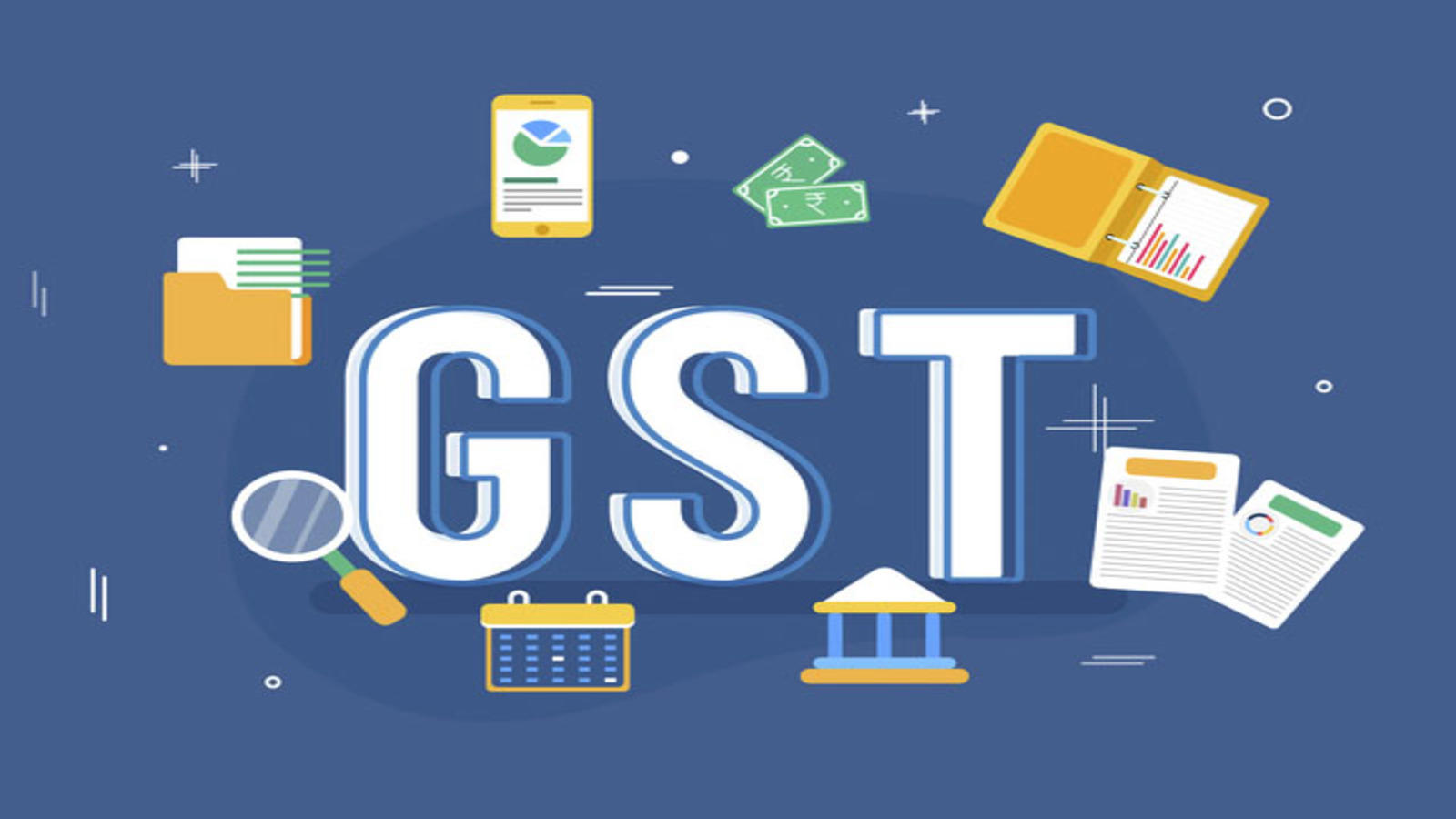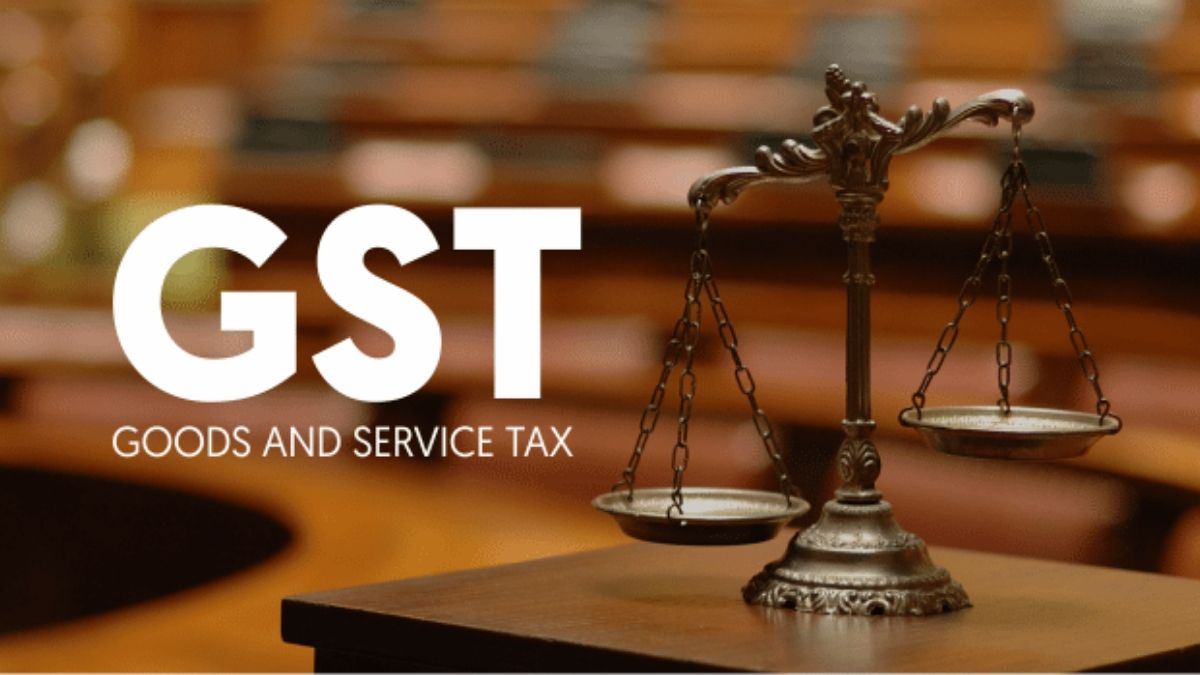GSTR-9 is an annual return which has to be filed the normal registered taxpayers who have GST registration done. This return has to be filed on a yearly basis.
- GSTR-9 includes the information of the details on inward supplies and outward supplies made under several tax heads like the CGST, SGST, IGST and HSN codes with all the audit and turnover information of the annual year for the same.
- It is an alliance of all the returns like GSTR-1, GSTR-2A, GSTR-3B which are either monthly/yearly filed in the same year. Disregarding the way that unusual, this return helps in the expansive trade-off of data for 100% clear disclosures.
- The government has also launched a return GSTR-9C for those taxpayers whose turnover exceeds Rs. 2 crores. It is essentially a compromise proclamation between the yearly returns recorded in GSTR 9 and the reviewed yearly fiscal summaries of the citizen.
- There are 4 types of Annual returns under GST:
- GSTR-9 should be filed by regular taxpayers who file GSTR-1 and GSTR-3B.
- GSTR-9A must be filed by the taxpayers who opt under the Composition Scheme
- GSTR-9B is for e-commerce taxpayers who assemble tax at source and who file GSTR-8 for a financial year.
- GSTR-9C is for those taxpayers whose turnover exceeds from Rs. 2 crores in a financial year and it is an audit form.
Who should be filing GSTR-9 Return?
All the registered taxpayers should file GSTR-9 annual return. Taxpayers who should NOT pay the GSTR-9 return are as follows:
- Taxpayers who have opted for the Composition Scheme. (Composition scheme is the scheme in which taxpayers who have a turnover of 1.5 Crores have to pay the tax at a fixed rate every quarterly basis).
- Non-Resident foreign taxpayers (foreign taxpayer who has business in India and is registered under GST which includes inward supplies, outward supplies, fees/penalties, taxes paid and tax liability).
- Casual taxpayers (taxpayer who supplies available products or administrations at times in an available Territory where he doesn’t have a fixed business environment).
- Input Service Distributor (ISD) (includes all the details about credit invoices who are issued by ISD. It is a total summary of the input tax credit for distribution during a particular month)
- Tax deducted at Source taxpayers (includes information like tax deducted at source, TDS liability, TDS refund claimed)
GSTR-9 for taxpayers whose annual turnover exceeds than Rs. 2 crores on the goods and services sale for FY 2017-18 and FY 2018-19.
Due dates/Late fees for the GSTR-9 return
The due date to file the GSTR-9 for FY2018-19 should be filed by November 30th 2019.
- If you don’t file GSTR-9 return within the due date you have to pay Rs. 100 late fees for each day. You have to pay Rs. 100 for CGST and Rs. 100 for SGST separately as of late fees for not filing on time if you make a delay.
- So, the total late fees you have to pay are Rs.200 per day for the delay you make. This is dependent upon a limit of 0.25% of the citizen’s turnover in the applicable state or association region. As there are no such late fees on IGST yet.
What are the details needed to file GSTR-9?
To file the GSTR-9 return you need the information of taxpayer inward supplies, outward supplies, input tax credit, taxes paid, tax liabilities, etc. GSTR-9 is filed under 6 sections. The details which are needed are easy to give if you have paid the taxes in the previous years.
- Comprehensively, this structure requests revelation of yearly sales, bifurcating it between the cases that are liable to tax and not expose to tax.
- You have to showcase the total value of inward supplies means the purchase of goods and services you’ve made and input tax credit has to be disclosed.
- Moreover, the purchase of goods and services you’ve made is to be sorted as input, or input services. Subtleties of ITC that should be turned around because of ineligibility are to be entered.
You should file GSTR-9 return annually either you can file it through digital Certificate Signature (DSC) or through Aadharcard-based verification mechanism.






